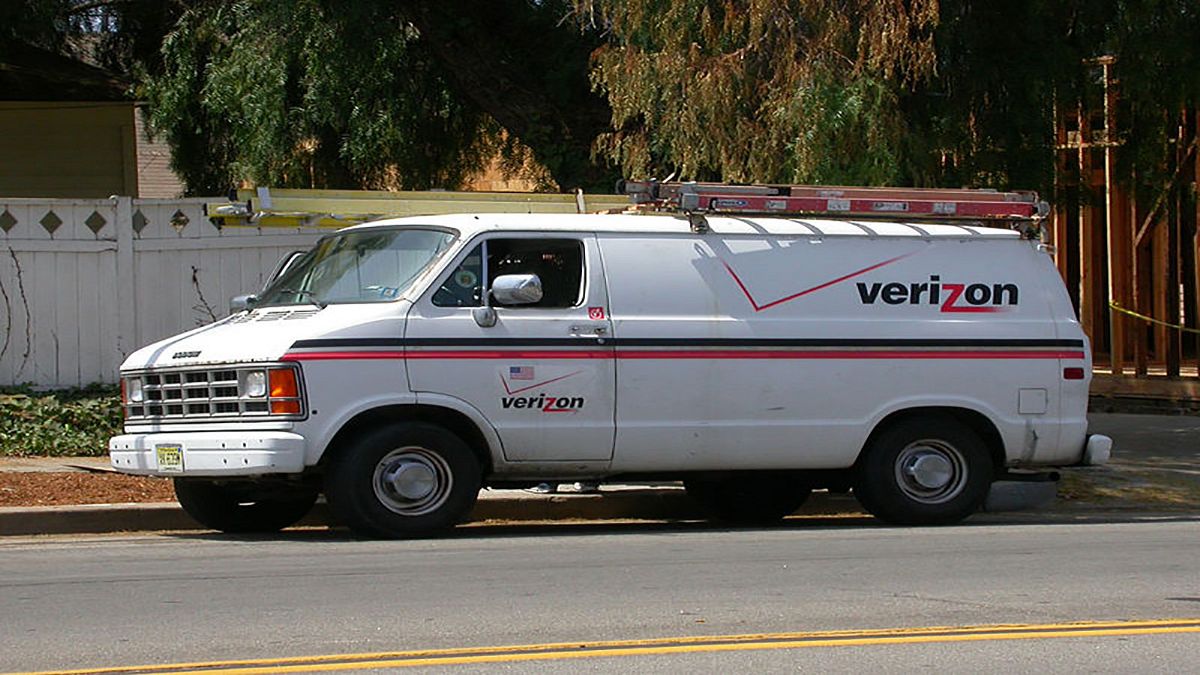A new Internet traffic management proposal intending to allow big content providers to pay for ‘fast lanes’ for the delivery of their traffic to net users has sparked debate in the US.
According to The Wall Street Journal, The Federal Communications Commission (FCC) is weighing rules that would allow, in theory, large companies such as Disney, Google or Netflix to pay network operators for faster Internet speeds delivering their traffic. The rules would also ban Internet broadband providers from blocking consumers’ access
to websites or applications.
Consumer advocates assailed the planned changes, proposed by the FCC Chairman Tom Wheeler, saying, if accepted, the regulations could drastically transform the way Internet content is delivered to users.
The commercial preferential traffic management would open doors for unequal treatment to websites and services as it could discourage consumers from surfing competitors’ websites where content or videos may load more slowly by comparison, say critics.
The debate is over the principal of ‘net neutrality’ or ‘open Internet’ which establishes that no providers of legal online content should face discrimination in providing traffic for consumers, and that the latter should be free to access any legal content they
choose.
Critics also claim that if a company cannot afford to fast track to its consumers, it will risk losing business and could fold. Meanwhile, companies with the funds to pay to use the faster lanes are likely to raise their prices to reflect the higher cost associated with the
change.
“This move is likely to favor the companies with the deepest pockets and hurt the scrappy startups,” said policy counsel for Consumers Unions, Delara Derakhshani, in a statement.
Wheeler has defended the Commission’s proposal in a statement late on Wednesday, saying the suggestion that the FCC was “gutting the open Internet rule” is “flat out wrong.”
He added, in a blogpost on Wednesday, that the rules, which he intends to finalise by year-end, would not change the FCC’s “underlying goals of transparency” or harm consumers.
Under the proposal, broadband providers would have to disclose exactly how they treat all Internet traffic and on what terms they offer faster lanes.
The FCC would have the authority to monitor companies’ traffic management and go after broadband providers that violate the commercially reasonable standard – which would be fleshed out during the collection of public comment on May 15 – on a case-by-case basis.
Almost all large Internet service providers, such as Verizon Communications and Time Warner Cable, have pledged to abide by the principles of open internet reinforced by these rules.
Due to legal challenges from owners of network who demand they should be able to manage and charge traffic without what they call regulatory reach, the FCC has struggled to impose rules that would prohibit broadband providers from restricting how consumers surf the web.
The proposed changes came three months after the US Court of Appeals for the District of Columbia Circuit struck down the agency’s previous anti-discrimination and anti-blocking rules following a challenge from Verizon Communications. The agency still has authority to regulate broadband and rewrite the rules.
It was the court’s direction that guided FCC Chairman Tom Wheeler’s proposal to allow commercially reasonable preferential treatment of traffic, said senior FCC officials.
The five-member regulatory commission is expected to vote on May 15 to formally propose the rules and open up the proposal to public comment during the meeting.
Source:
Verizon: CC-BY AutoPhoto
